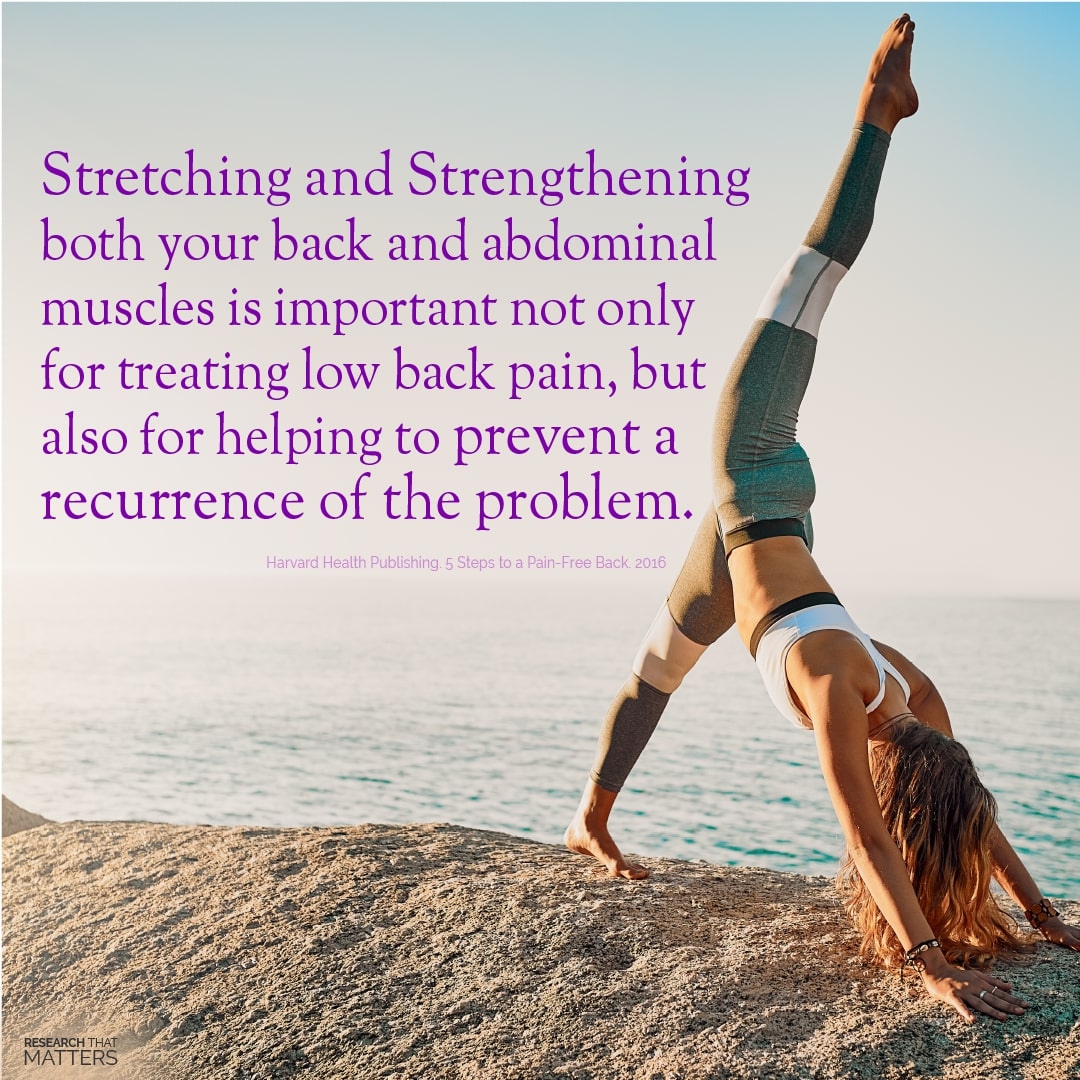 In fact, science has shown us that medications and rest are actually a few of the least effective ways to find relief!
In fact, science has shown us that medications and rest are actually a few of the least effective ways to find relief!
Your body is designed to move, and often it's a lack of daily movement (or chronic postural changes) that causes back pain to begin in the first place.
Why it Matters:
The right movements and exercises can help you recover more quickly and prevent future back pain episodes.
There are three different types of body movement: segmental, regional, and whole body. Segmental motion occurs between the individual joints of your body.
Regional movement occurs in a body region such as your neck, mid-back, or low back.
Whole-body movement is characterized by the actions we typically think of as exercise.
All three types are essential and work together to keep your spine and musculoskeletal system healthy and functioning at its best.
Here’s a closer look:
· Segmental Movement: Moving the individual joints of your body is what chiropractors are specifically trained to do. Proper segmental movement can help reduce pain, improve your range of motion, and influence your central nervous system.
· Regional Movement: Dynamic stretching with regional range of motion exercises can reduce low back stiffness.
· Whole Body Exercise: daily exercise can help your brain and body feel better as well as improve your rest and recovery at night.
Next Steps:
The foundation of all movement is segmental movement.
If your joints aren't moving correctly, the rest of your body isn’t moving correctly or well.
Moving may be the last thing you want to do if you're struggling with back pain, but research has repeatedly shown that movement and exercise are two of the best ways to find relief from back pain.
If you've dealt with back pain, call us today. Our team will be happy to provide you with a complete movement assessment and personalized exercise plan to help you get (and stay) well for years to come!
Science Source: 5 Steps to a Pain-Free Back. Harvard Health Publishing. 2016.
